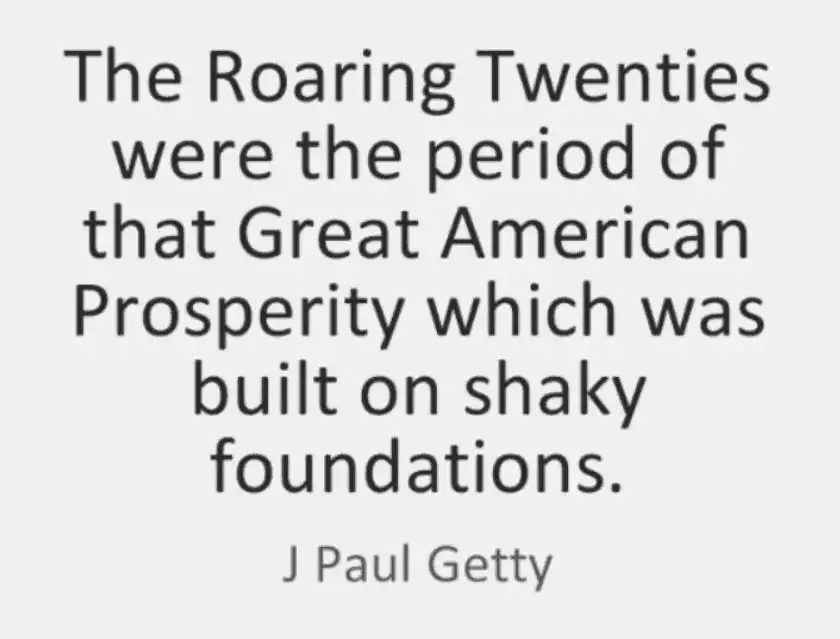It’s arguably one of the most exciting decades in modern history, and in this post, we created a list of the top 10 facts about the Roaring Twenties.
Unfortunately, this decade was followed by one of the worst economic periods in modern history, the Great Depression.
1. It was a worldwide phenomenon
The Roaring Twenties was a period of economic prosperity and innovation in Western Society and Western Culture. It started in large metropolitan areas all over the world and spread quickly.
All of the biggest cities in the world experienced a boom in the wake of World War I, including Berlin, Sydney, Paris, Chicago, London, Los Angeles, and New York City.
Apart from architectural advancements and a “Race to the Sky” in New York which saw the construction of the Chrysler Building and Empire State Building, there was also the development and use of automobiles, telephones, movies, radio, and electrical appliances.
These advanced technologies were being used by millions of people in the Western World, aviation made traveling easy for everyday people, and the economic prosperity on such a large scale that came with this new consumer demand was unseen in any other period before.

2. It was the decade in the wake of 2 tragic events
To state that the build-up to the Roaring Twenties was one of the worst periods in human history is an understatement. World War I started in 1914 and ended in 1918 and cost the lives of about 15 to 22 million people.
On top of that, just after World War I ended, one of the deadliest pandemics in history wreaked havoc all over the world. The 1918 flu pandemic, now referred to as the “Spanish Flu,” infected around 500 million people and killed between 17 and 50 million people, which is most possibly even more than the war.
The fact that the following decade was one of the most prosperous and innovative in modern history shows the ability of human beings to bounce back from extreme hardship.
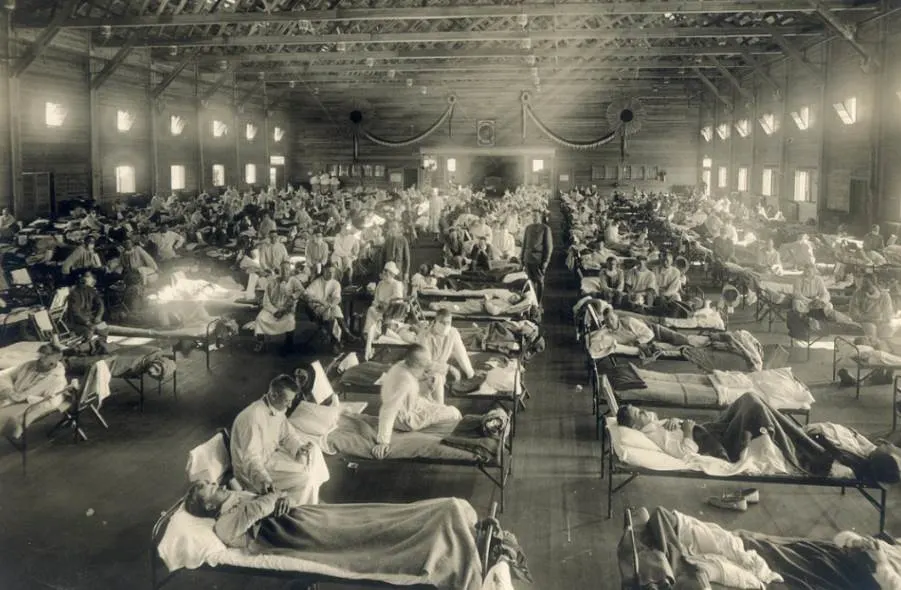
3. The President’s slogan was “Return to Normalcy”

The 1920s election in the United States marked the start of the Roaring Twenties. Senator Warren G. Harding of Ohio defeated Democratic Governor James M. Cox of Ohio by winning 60.3% of the popular vote.
His conservative points were summed up as follows:
America’s present need is not heroics, but healing; not nostrums, but normalcy; not revolution, but restoration; not agitation, but adjustment; not surgery, but serenity; not the dramatic, but the dispassionate; not experiment, but equipoise; not submergence in internationality, but sustainment in triumphant nationality.
Warren G. Harding campaign points during the 1920s US election.
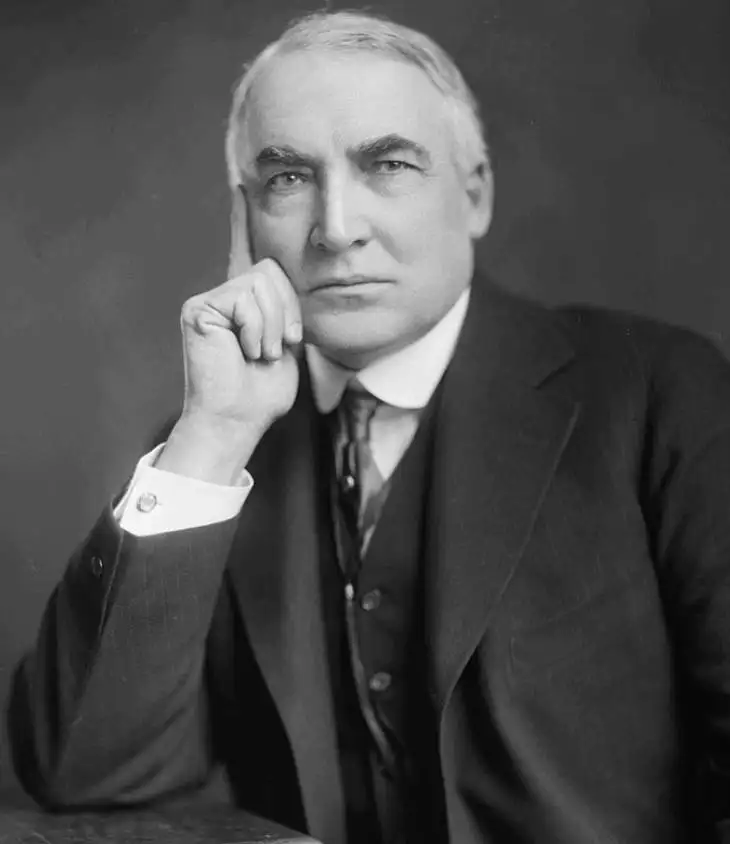
4. It took longer for European economies to boom
As Europe lay in ruins and countries were struggling to transition from a wartime economy into a peacetime economy, the Post–World War I recession lasted much longer.
Especially Germany had a hard time repaying all its debt and saw a period of hyperinflation during this recession. This was until the “Dawes Plan,” named after its creator Charles G. Dawes and who won the Nobel Peace Prize for it in 1925, resolved the issue once and for all in 1924.
Germany acquired a loan of about $200 million through this plan which marked the beginning of what is referred to in Germany as the “Golden Twenties.” In France, the Roaring Twenties were referred to as the “Années Folles” (‘crazy years’)
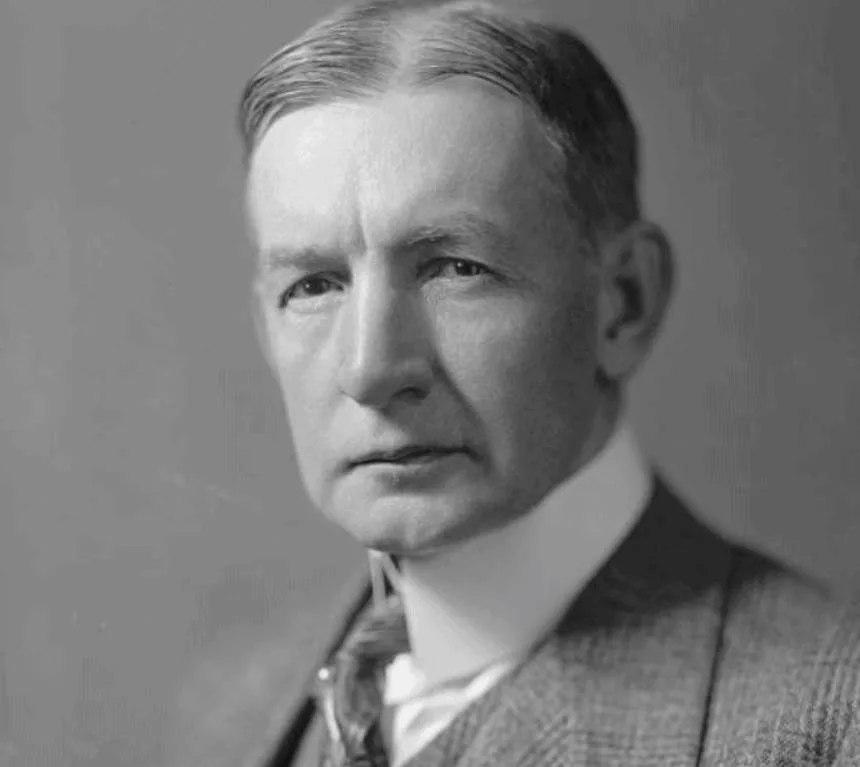
5. The car became mainstream
Imagine a world without cars, without means to easily get around town without public transportation for the average citizen. That basically sums up all of history before the Roaring Twenties!
Granted, the automobile was invented multiple decades earlier, but it didn’t really become mainstream until this particular decade. Before this, a car was considered a luxury product, only available to a very small segment of the population.
Imagine the freedom people must have felt to have the opportunity to just hop into their car and drive to the other side of town or even across the country to go wherever they want without too much hassle!
It was liberating, refreshing, and the sense of freedom that came with the opportunity for the middle-class to buy a car. It’s a feeling we can hardly imagine, that’s for sure.
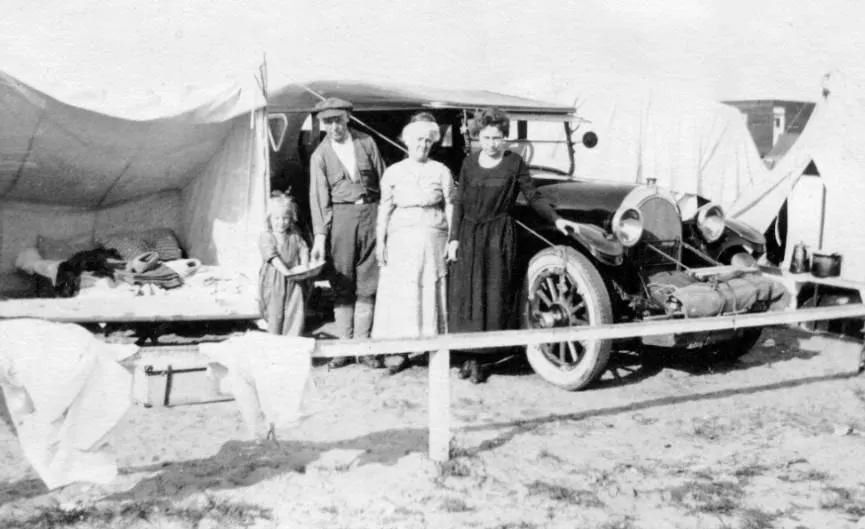
6. Mass media was invented
The Roaring Twenties was the start of the “Golden Age of Radio,” a period that lasted well into the 1950s until the radio was eventually replaced by the television.
The radio proved to be a very popular form of entertainment, and not just for playing music. Radio programming was just as extensive as television programming and it was the first form of entertainment that was brought directly into people’s living rooms.
What’s even more important is that the mass production of the radio also started the mass culture that has dominated society ever since. A mass broadcasting medium allowed for mass marketing, which ended up turning Western society into a consumer-focused Capitalist culture.
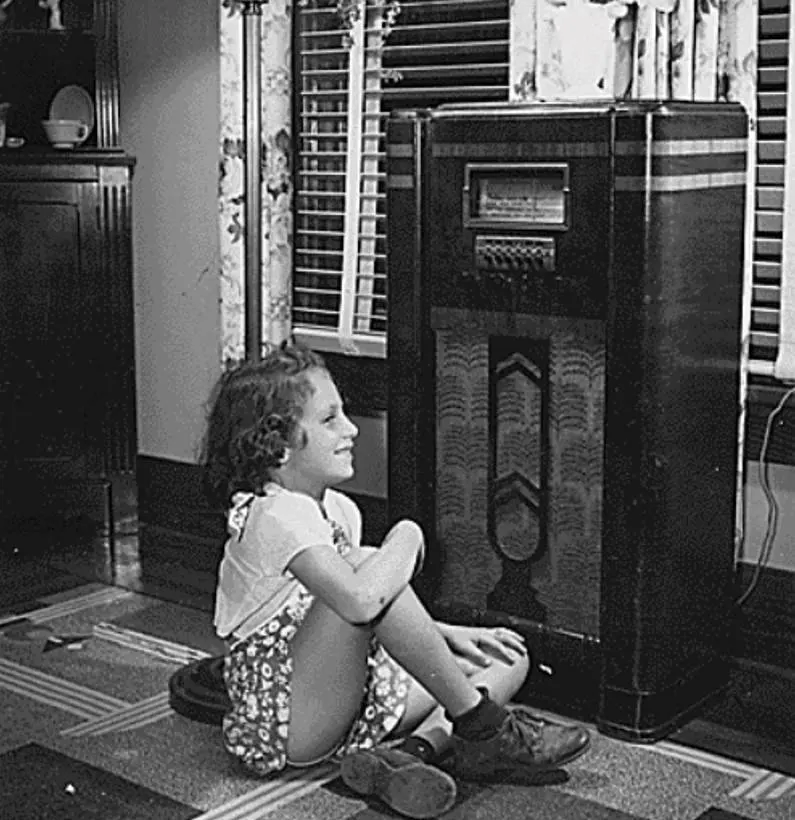
7. Women became voters and much more
The 19th amendment was passed in the year 1920. This gave women the right to vote in the United States. With this came a change in the mentality of how women thought about careers and family.
The “New Woman” was invented, a woman who didn’t think that pursuing a career wouldn’t allow her to successfully raise a family as well.
This type of behavior was defined by a sub-culture called “flappers,” a generation of young women who actively questioned the traditional points of view of how women should behave.
They drove cars, wore short skirts, wore make-up, had their hair done, went out dancing, smoked, and drank alcohol. This type of behavior was questioned by the older generation and ended the moment the Roaring Twenties came to an abrupt end as well.
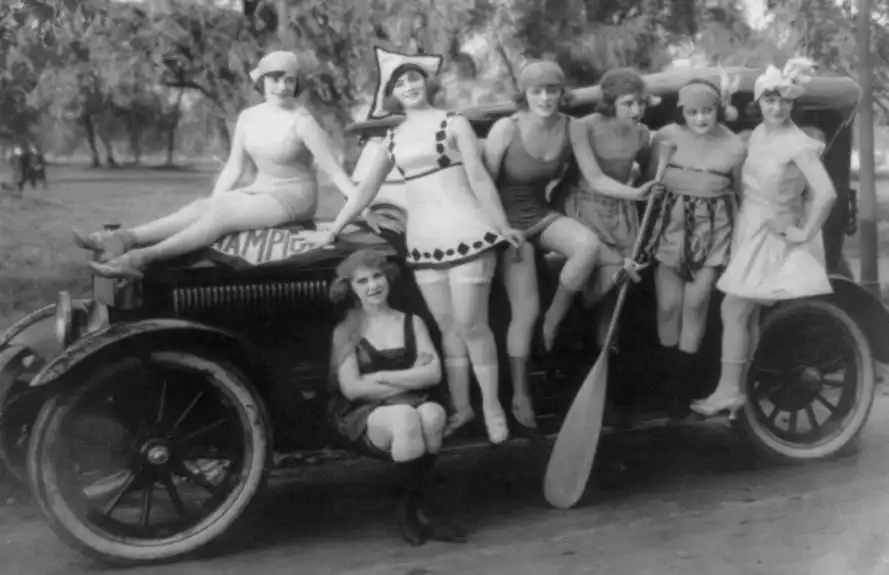
8. It was time to dance
The Roaring Twenties was also the start of the Jazz Age, with Jazz becoming the most popular form of music in American culture.
Apart from the new forms of music that sprung up, dance clubs were growing in popularity as well. This all came with a new sense of modernity and accessibility, allowing people to get in their car and drive to a dance club.
Musicals were the most popular forms of movies in cinemas and dance competitions were being held all across the United States with the foxtrot, waltz, American tango, Charleston, and Breakaway being the most popular forms of dance.
Yes, the Roaring Twenties were the decade of dance!
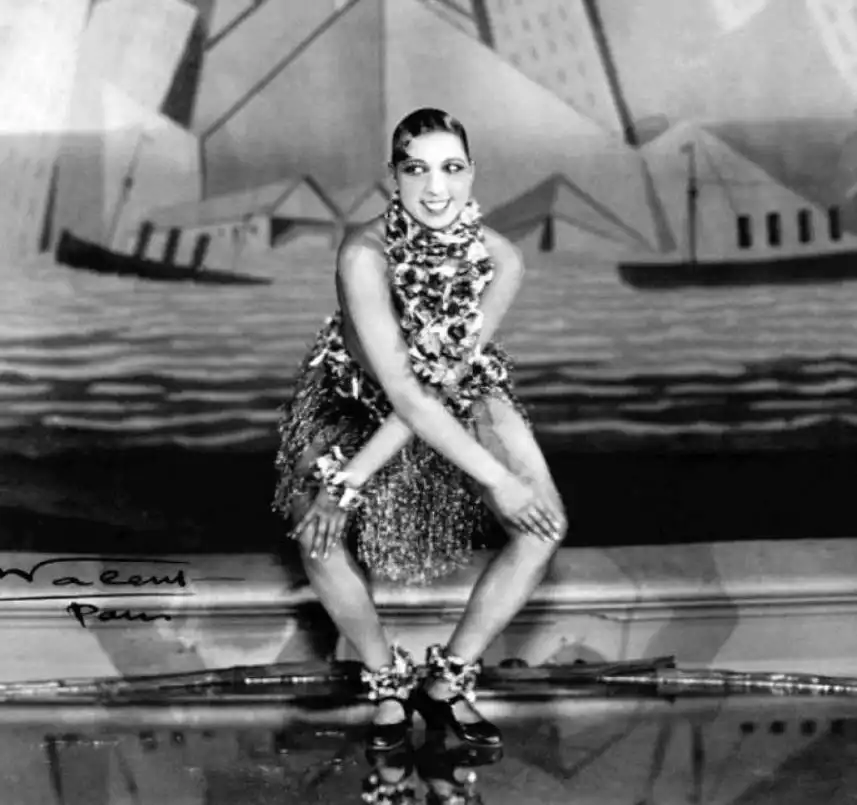
9. And drink illegal alcohol
If you wanted to party in a respectable nightclub then you didn’t have a choice but to drink non-alcoholic beverages.
The Progressive Movement and Anti-Sallon League finally reached their goal through the “Volstead Act,” which banned the import, manufacturing, and selling of alcoholic beverages in the United States.
For the duration of the Roaring Twenties, prohibition was a matter of law, as this act was enforced from 1920 until 1933.
One of the most interesting facts about the Roaring Twenties is that even though it was illegal to produce and sell alcohol, it wasn’t illegal to actually drink it. This little detail slipped the legislator’s mind, so if your glass accidentally got filled with alcohol, you were not breaking the law if you drank it!
Organized crime benefited tremendously from the selling of illegal alcohol in what was referred to as a “speakeasy,” an illegal bar where you could easily buy a beer or glass of wine.
Ever wonder how Al Capone made most of his money? That’s how!
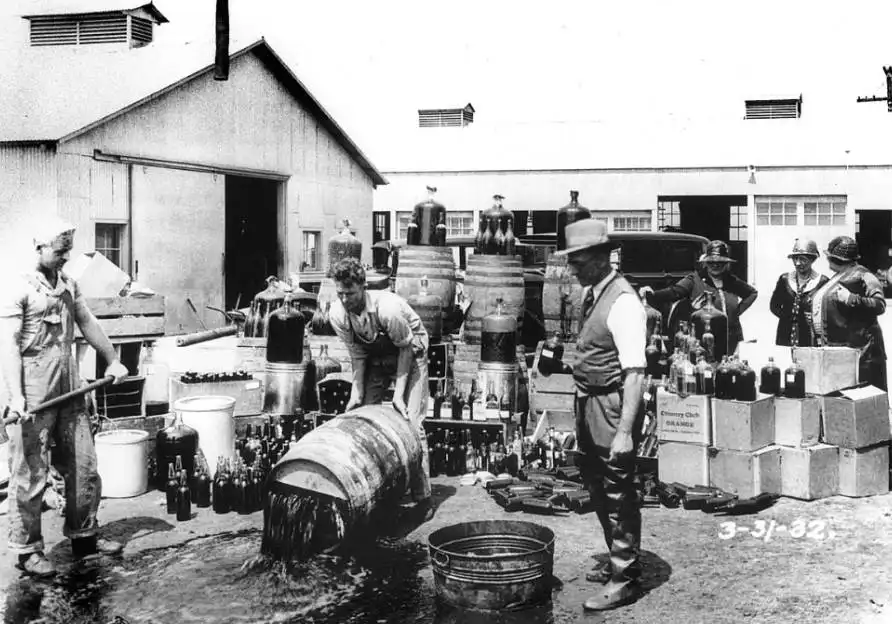
10. All good things must come to an end
Very few eras have come to such an abrupt end as the Roaring Twenties. The economic prosperity was wiped out by an event that started with a day called “Black Tuesday,” the start of the Wall Street stock exchange crash which sent the world into one of the worst depressions in history.
On October 29, 1929, the crash was initiated and the effects of the global depression, which is now referred to as “The Great Depression,” were felt until the start of World War II.
To make things even worse, it was the climate in which Adolph Hitler rose to power, and who used this period of economic turmoil to lay the foundation of his war machine.
The Roaring Twenties had come to an abrupt end, but the transformation it brought to the world is still felt today.
And here we are again, in a period of great economic uncertainty because of the Coronavirus Crisis. It’s almost certain that human beings will find the power to rise after the dust settles down and a new period of prosperity (after the necessary changes are made) will be the result.
Let’s just hope that we don’t make the careless mistakes people in the buildup to the Great Depression made, so the new era can be one of endless prosperity and peace in the entire world!
